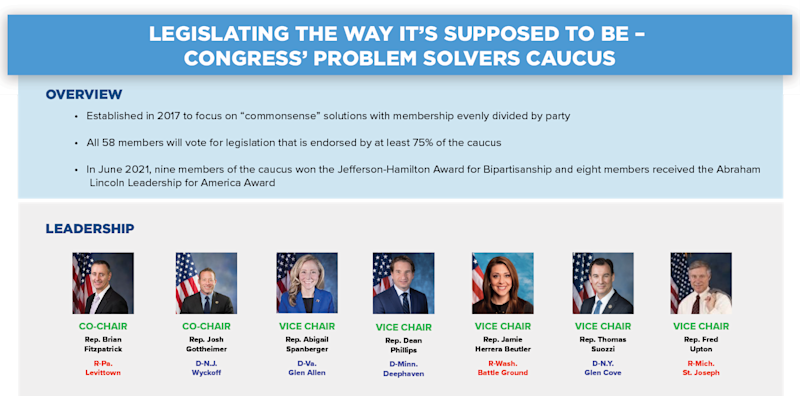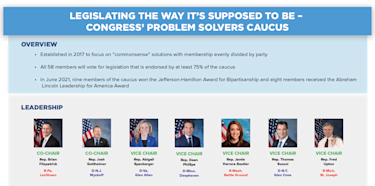Supply Chain Review
On June 8, 2021, the Biden administration released the findings of its 100-day review of U.S. supply chain vulnerabilities mandated under Executive Order 14017, issued in February. The report and fact sheet lay out the analysis and recommendations of four federal agencies – the Departments of Commerce, Defense, Energy, and Health and Human Services – tasked with assessing supply chain vulnerabilities in four critical sectors: semiconductor manufacturing and advanced packaging, large capacity batteries, critical minerals and materials, and pharmaceuticals and advanced pharmaceutical ingredients (APIs). The report includes wide-ranging recommendations to strengthen the resilience of supply chains in these areas, including investing in domestic production and innovation capabilities, leveraging the government’s role as a purchaser of critical goods, and working with allies and partners to decrease vulnerabilities in global supply chains. To view the report, go to www.whitehouse.gov and search for “100-day supply chain review.”
U.S. Innovation and Competition Act (USICA)
What’s being called one of the most extensive industrial bills in U.S. history passed the Senate in June. The bipartisan USICA is intended to counter China’s growing economic influence by focusing on R&D and advanced manufacturing. The crux of the bill is the Endless Frontier Act, which authorizes significant funding for the National Science Foundation (NSF) and the Department of Energy (DOE) to support research and development across key tech sectors, including artificial intelligence, lithium batteries, robotics, and quantum computing. Other provisions include an office of manufacturing at the White House, a manufacturing advisory council at the Commerce Department, funding for the semiconductor industry, and important trade provisions, including restoring expired Section 301 tariff exclusions and reopening the exclusion application process. AMT provided input on several of these provisions. Eyes are now on the House, which recently passed its answer to the Endless Frontier portion of the bill – two bipartisan R&D bills increasing investment in the NSF and the DOE’s Office of Science. There’s been no action on other parts of the Senate bill, and with the increasingly packed agenda, they could get pushed to next year.


Infrastructure
The Biden administration and a bipartisan group of Senators struck a deal on infrastructure spending after weeks of negotiations. The five-year framework includes $579 billion in new spending and focuses investments on transportation infrastructure, like roads, railways, and public transit. It also includes spending on “other infrastructure,” such as broadband, power, and water storage. Pay-fors include repurposing unused COVID-19 emergency funding, greater IRS enforcement, and redirecting unused unemployment insurance relief, plus the assumption that the investment will generate economic growth. The deal is currently stalled because House Democratic leaders are linking approval of the framework to the passage of a larger bill containing party priorities such as expanded child care, elderly care, education, and climate change initiatives. AMT supports the bipartisan infrastructure bill and recently joined a group of manufacturing associations on a letter to Congress urging its passage.
R&D tax credit
Beginning in 2022, the 2017 tax reform law requires R&D expenses to be amortized over five years instead of all at once. R&D conducted outside of the United States must be amortized over 15 years. AMT is working with the R&D coalition – a group of tax experts and business organizations – to pass legislation that would delay or eliminate the provision.
EPA PIP (3:1) webinar
Check out AMT’s regulatory webinar from June 9 to learn more about the EPA’s PIP (3:1) ban that’s impacting the industry. There are more rules coming. Stacy Tatman, senior manager of government relations and legal analysis at the National Electrical Manufacturers Association (NEMA), gave an excellent presentation on what to expect and how to stay ahead of the process. The June 9 webinar can be found under “Resources” on AMTonline.org.
If you have questions on government relations issues, email me at athomas@AMTonline.org.





